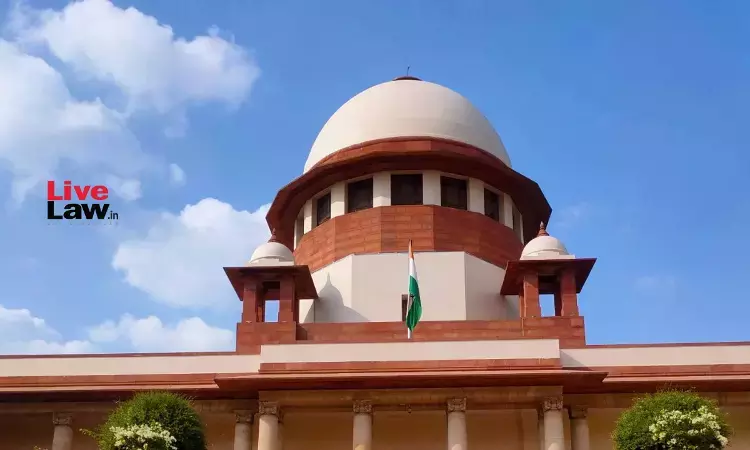The Supreme Court recently (on December 01) reiterated that if the necessary ingredients of an offence are not made out from the admitted evidence of the prosecution, then the Court is not obligated to frame a charge for such an offence against the accused."...there is also a long line of precedents that from the admitted evidence of the prosecution as reflected in the documents filed by...

